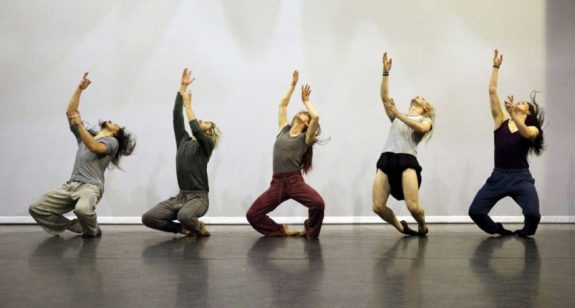Arts and culture workers neglected during COVID, study shows, as sector set to miss out again

University of South Australia Media Release
As NSW and Victoria grapple with a fresh round of lockdowns, advocates including ACOSS and the Media Entertainment and Arts Alliance are warning new financial assistance measures fail to support arts and cultural industry workers. The warnings coincide with a new report showing the sector has been consistently neglected during the COVID pandemic.
The report, titled Keeping Creative, was authored by Dr Jess Pacella, Professor Susan Luckman and Professor Justin O’Connor from UniSA’s Creative People, Products and Places Research Centre (CP3), and suggests Australia’s response, including the latest disaster payment measures, has been very different to that of many other nations.
Taking the year 2020 as its central focus, Keeping Creative – which is officially launched next week – gives a timeline for the various support schemes provided by Australian governments, analysing their different components and placing them in an international context.
Prof O’Connor says the research indicates states took the lead in responding to the pandemic in the creative sector, often with relatively higher levels of support than the Federal Government.
“It also shows how JobKeeper often missed its mark,” Prof O’Connor says. “This left many in the sector to fend for themselves, and suggests that much of the support, when it came, was for infrastructure rather than artists.”
In addition to detailing funding outcomes, the report also examines the messages sent to the sector by the different levels of government, suggesting these were far more supportive at state than federal level.
“It was often the combination of cuts to livelihoods and blows to individual creatives’ sense of self-worth that was crucial,” Prof O’Connor says.
“Here the contrast with other countries was most marked, with Germany, France, Canada all making strong declaration of the importance and value of the creative sector, while in the UK the experience was more mixed.”
The report suggests that the proximity of the individual states to the arts and culture sector meant more immediate and more detailed support was provided, and the language of their support better attuned to the needs of those affected by the pandemic.
Keeping Creative ends by noting that arts and culture have slipped down the list of public policy priorities at federal level, contrasting sharply with comparable countries overseas.
“This deprioritising of the cultural sector pre-dates the COVID-19 pandemic, but the added stress of the current situation has emphasised many of the shortcomings of that policy position,” Prof O’Connor says.
Professor Justin O’Connor is associate director of UniSA’s Creative People, Products and Places Research Centre (CP3). Dr Jess Pacella is a post-doctoral research associate at C3P and Professor Susan Luckman is director of C3P.
Like what we do at The AIMN?
You’ll like it even more knowing that your donation will help us to keep up the good fight.
Chuck in a few bucks and see just how far it goes!









